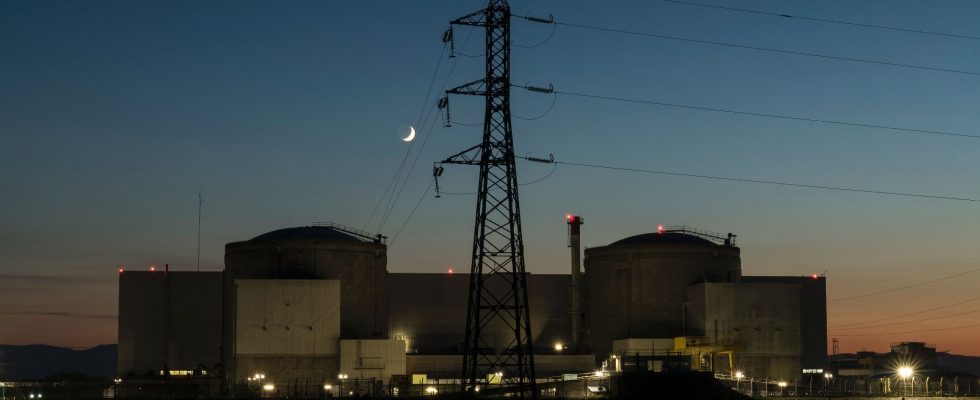It is in a sober setting, far from the golds with which it sometimes knows how to adorn itself, that the Republic has just examined, for six months, the reasons for “the loss of sovereignty and energy independence of France”. In a windowless auditorium of the National Assembly about sixty personalities were heard. CEOs, ex-CEOs, high commissioners for atomic energy, ministers, ex-ministers, prime ministers, directors of cabinet, and up to two former presidents of the Republic… All have had to testify or answer for what appears today as the capilotade of the French nuclear flagship. The hearings, broadcast on video, meticulously document one of the greatest political evils of our time: the takeover of the poster on strategy. This is “the new reason of state”, pointed out by Marcel Gauchet: “This once consisted of setting aside moral considerations for the benefit of the higher interests of the country. It now consists of setting aside managerial rationality for the benefit of communication and more specifically of moral display. As such, the hearings relating to the start of the Hollande five-year term demonstrate the incredible casualness with which the decision to reduce the share of nuclear power from 75 to 50% in our electricity mix was taken.
The high point of this parliamentary commission: the testimony of the former High Commissioner for Atomic Energy, Yves Bréchet, who held the position from 2012 to 2018, the time to provide some “4,000 pages of report” to a executive who did not read them (confirmed by the hearings of the former Ministers of Energy Transition, Nicolas Hulot and Ségolène Royal, who do not even remember having received certain highly strategic reports). In his 2:20 speech seen more than 180,000 times on YouTube, the physicist Bréchet delivers the most painful truths. Among which, “the combination of decision-making hesitations” which has characterized these last few years: “pusillanimous politicians, business leaders who are afraid of their shadow and of offending the prince, and multiplied security authorities who see their work as quality hampered by untimely communications”. In August 2017, in one of his last notes, Bréchet warned against abandoning the fast neutron sector project, the fruit of “seventy years of taxpayer investment”. In vain. “Why hope they can listen to advice when they can’t even hear warnings?”, concludes the physicist in his hearing, quoting the words of Jonathan Swift. Advice and warnings were ignored. Will we now at least be able to learn the lessons?
